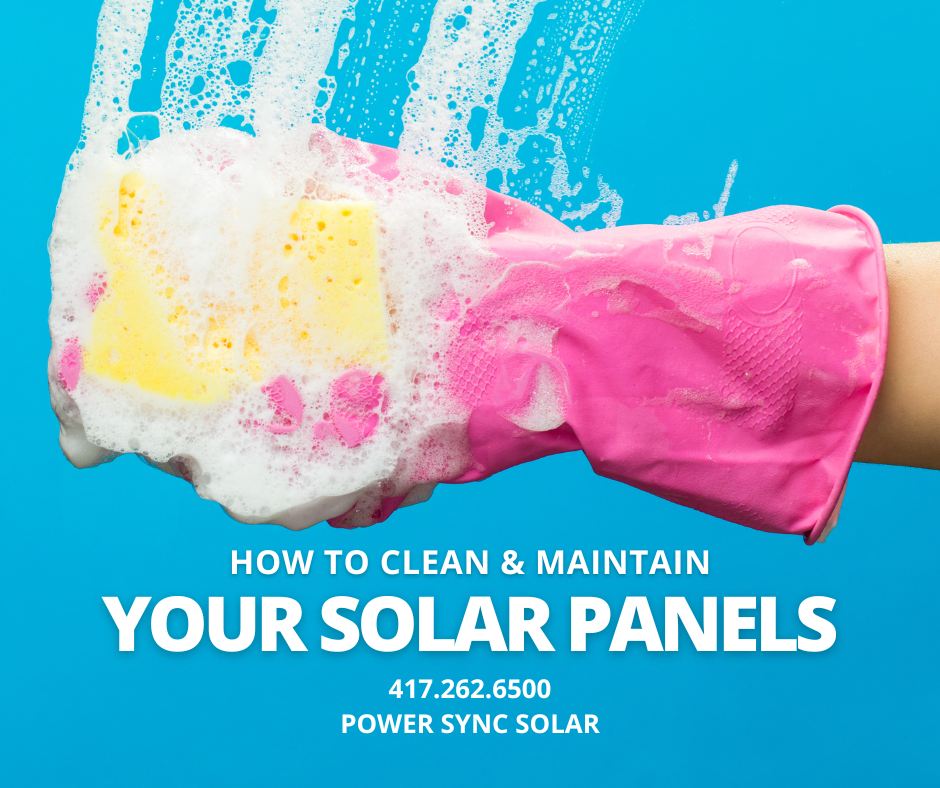Shedding Light on Solar Panels: How Long Do They Really Last?
- jonarzet
- Nov 14, 2023
- 2 min read

In today's world, where sustainability and renewable energy sources are becoming increasingly important, solar panels have emerged as a popular choice for homeowners and businesses alike. But amidst the buzz around solar energy, a common question lingers: How long do solar panels really last?
In this blog post, we'll dive deep into the lifespan of solar panels, exploring the factors that influence their longevity and debunking common myths. We'll discuss the latest advancements in solar technology, maintenance tips to prolong their lifespan, and how investing in solar energy can be a wise long-term decision for both the environment and your wallet.
Let's explore the topic of solar panel longevity in more detail.
1. Understanding the Lifespan:
Solar panels are designed to be durable and long-lasting. The average warrantied lifespan of solar panels typically ranges between 25 to 30 years. However, this doesn't mean that solar panels suddenly stop working after 30 years; it means their efficiency has dropped below the warrantied level. Be sure to check the panel spec sheet to show production over time.
2. Factors Influencing Longevity:
Several factors impact the lifespan of solar panels:
Quality of Manufacturing: High-quality solar panels made with top-tier materials tend to last longer. It's essential to choose reputable manufacturers and installers to ensure the panels are of superior quality.
Maintenance: Regular maintenance, such as cleaning debris and dirt from the panels and checking for any damages, can significantly extend their lifespan. Proper care ensures optimal performance.
Climate: Solar panels are resilient, but extreme weather conditions can affect their efficiency. While they work well in various climates, excessive heat or frequent hail storms can cause wear and tear if your area is subject to salt mist, it’s best to choose a panel that could withstand such weather conditions
Technological Advancements: Ongoing advancements in solar technology, such as bifacial solar panels and improved materials, contribute to the longevity and efficiency of solar panels.
3. Myth Busting:
There are common misconceptions about solar panel lifespan. One myth is that solar panels wear out quickly, making them a short-term investment. In reality, with proper maintenance, solar panels can provide reliable energy for decades.
4. Sustainability and Environmental Impact:
Solar energy is a clean, renewable resource, making it environmentally friendly. By choosing solar power, you reduce your carbon footprint and contribute to a greener planet. Understanding the long lifespan of solar panels emphasizes their role in sustainable energy solutions.
5. Financial Implications:
Investing in solar panels can significantly impact your energy bills over the long term. While the initial cost might seem high, the savings on electricity bills and potential government incentives make solar panels a financially viable choice. Understanding their longevity helps you assess the return on investment more accurately.
6. Planning for the Future:
As solar technology continues to advance, it's essential to stay informed about the latest developments. Exploring options like energy storage systems (such as solar batteries) can enhance the efficiency and reliability of your solar setup, ensuring a continuous and sustainable energy supply.
By addressing these aspects, you'll have a comprehensive understanding of how long solar panels last and the various factors that influence their durability. Armed with this knowledge, you can make informed decisions about adopting solar energy, whether for your home or business, paving the way for a more sustainable future.




Comments